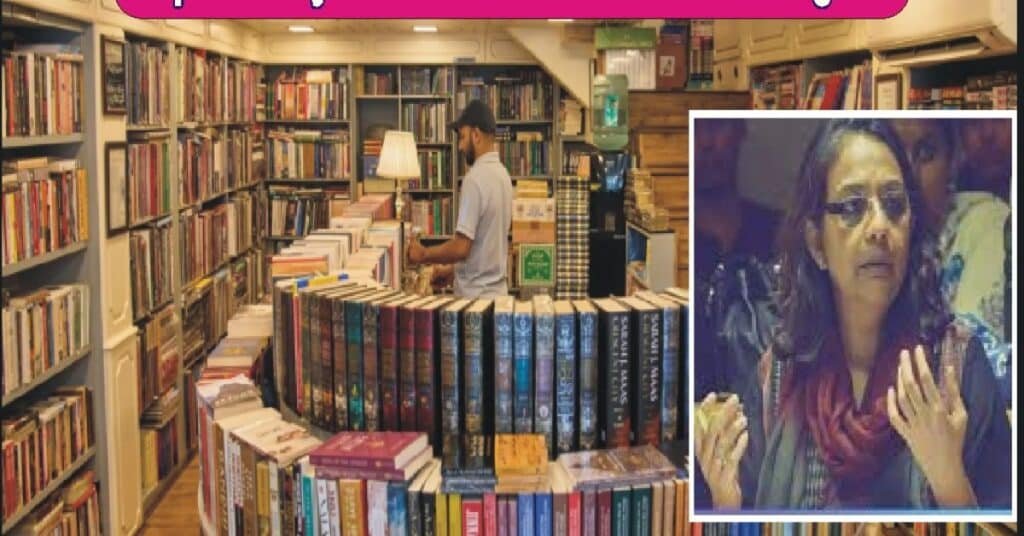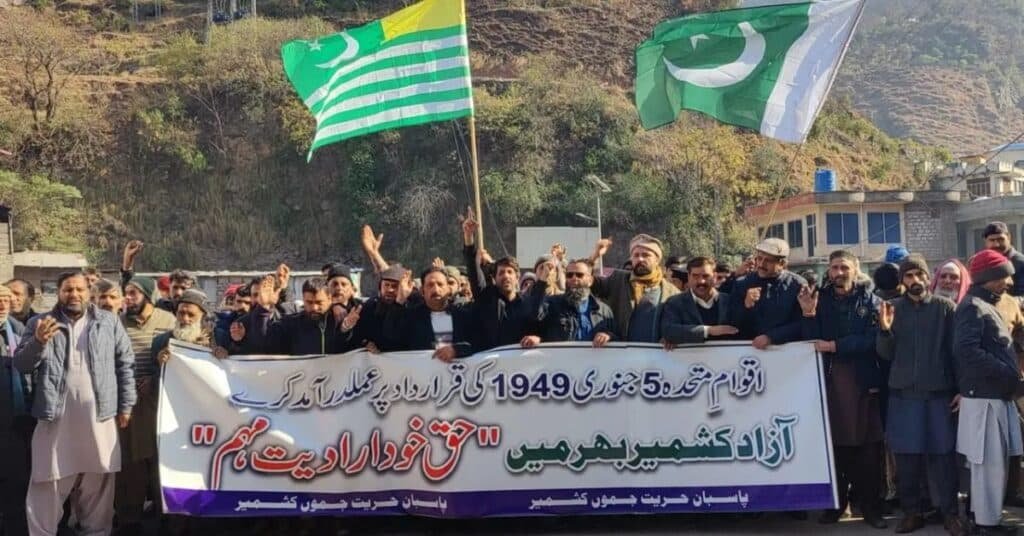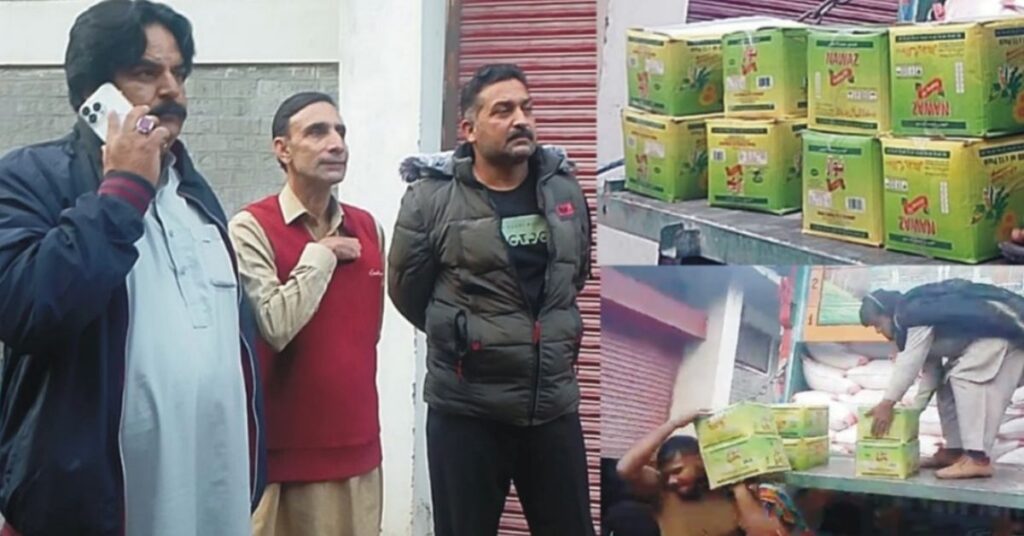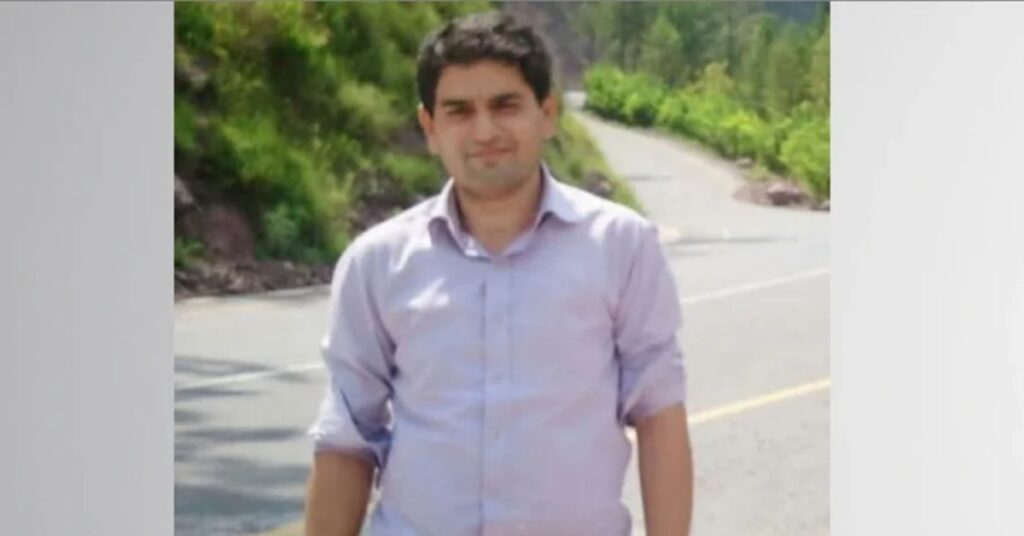SRINAGAR (Kashmir English): Anuradha Bhasin, executive editor of Kashmir Times and author of one of the 25 books on Jammu and Kashmir banned by the Modi regime, has questioned the motives, process, and evidence behind the move, warning of its long-term damage to knowledge, scholarship and free expression in occupied Jammu and Kashmir.
According to Kashmir Media Service, Bhasin, whose book “A Dismantled State: The Untold Story of Kashmir After 370” is among the proscribed titles, wrote that the Kashmir administration has provided no proof linking the banned works to violence or terrorism, nor has it identified any specific objectionable passages.
Books branded as “secessionist literature”
She speculated whether officials had actually read the books before branding them as “secessionist literature” under Section 98 of the Bharatiya Nagarik Suraksha Sanhita, or if the decision was a haphazard bureaucratic exercise driven by political motives.
Bhasin said the ban — imposed on the sixth anniversary of the revocation of Article 370 and during a government-run book festival in Srinagar — reflects New Delhi’s intolerance for narratives that challenge its claims of “peace and progress” in occupied Jammu and Kashmir.
She described it as part of a wider authoritarian clampdown that has already silenced journalists, erased media archives, and sought to enforce a climate of fear.
She warned that the restrictions would deprive young readers and researchers of critical historical and political material, stifle scholarship on Kashmir, and deter publishers from printing works on the subject.
Bhasin also noted that raids on bookshops in the wake of the ban could extend the crackdown beyond the listed titles, further harassing the public and curbing intellectual freedom.
Despite the censorship, she said, demand for the banned books appears to have increased, suggesting the move could backfire.
Bhasin vowed to continue writing, saying that the government’s attempt to suppress ideas has only strengthened the need to document and speak the truth about Kashmir.




